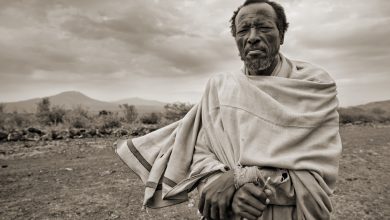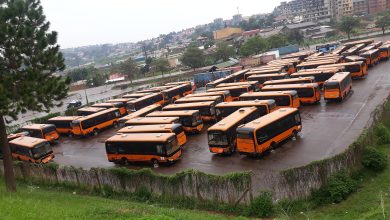🐮 MPs Considering Taxing Cattle and Goats: What it Means for Farmers 🐐
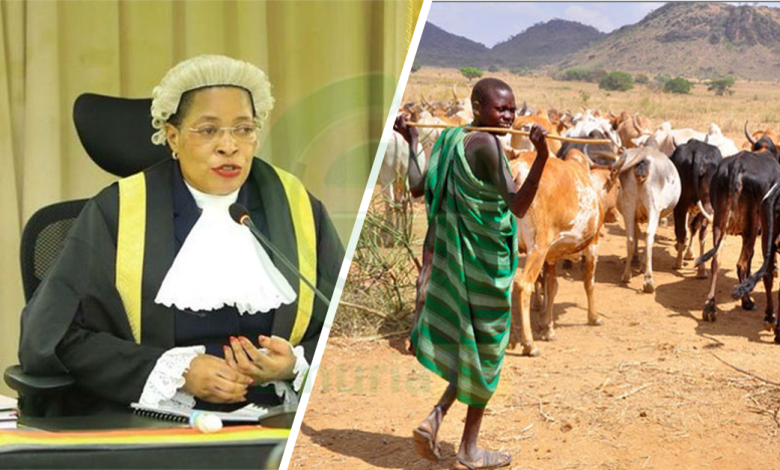
Amidst the unfolding discourse on taxing pastoral communities, one cannot overlook the intricate dance between policy implementation and its real-world impact on local village farmers. Speculations abound on the mechanisms through which taxation might take shape and its potential repercussions on those whose lives intertwine with the rhythms of cattle herds.
One plausible avenue for taxation implementation could involve a tiered system, where levies are imposed based on herd sizes or land usage. This approach, while aiming to generate revenue for governmental coffers, must tread cautiously to avoid burdening already marginalized communities. Moreover, innovative strategies such as tax incentives for sustainable land management practices could incentivize positive behavioral shifts within pastoralist circles.
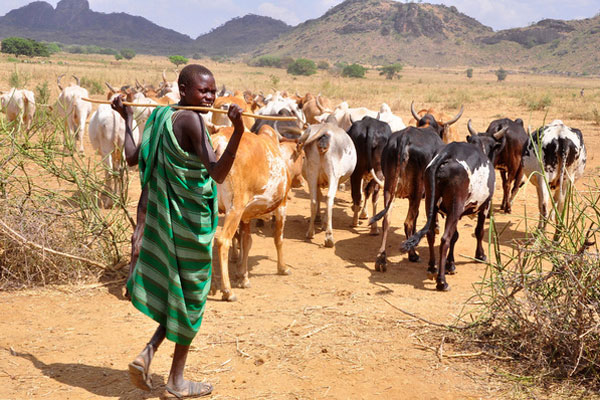
Yet, as the shadow of taxation looms over pastoral landscapes, concerns arise regarding its ramifications for local village farmers. For those reliant on cattle herds as their primary source of sustenance and livelihood, increased financial burdens could potentially exacerbate existing challenges. From accessing essential resources like water and pasture to navigating market dynamics, the ripple effects of taxation must be carefully weighed against the backdrop of community resilience.
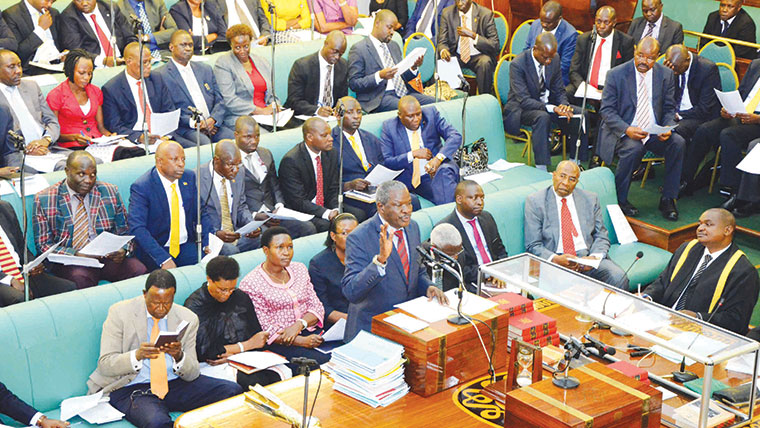
However, amidst these deliberations, an opportunity emerges to foster dialogue and collaboration between policymakers, civil society actors, and local stakeholders. By incorporating the voices of village farmers into the policy-making process, a more nuanced understanding of their needs and concerns can emerge, steering the trajectory of taxation towards equitable and sustainable outcomes.
As the wheels of governance turn and the contours of taxation policy take shape, the journey ahead calls for a delicate balance between progress and community welfare—a journey defined not only by fiscal gains but by the enduring resilience of those whose livelihoods are deeply intertwined with the pulse of pastoral lands. 🌱🐄


